A fluxonium qubit can keep its most useful quantum properties for about 1.48 milliseconds, drastically longer than similar qubits currently favoured by the quantum computing industry.
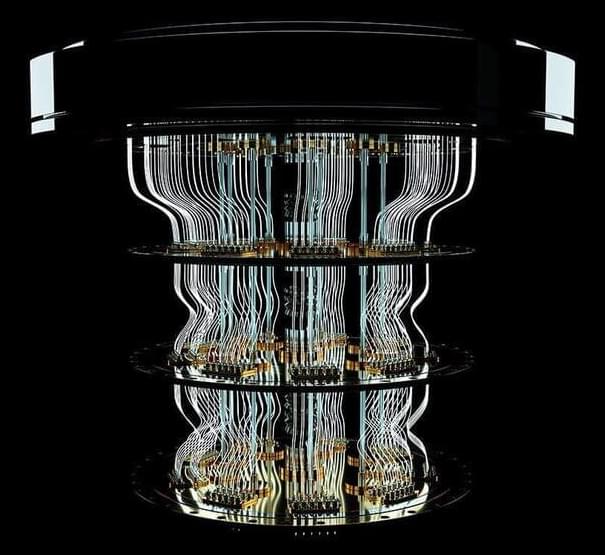

A fluxonium qubit can keep its most useful quantum properties for about 1.48 milliseconds, drastically longer than similar qubits currently favoured by the quantum computing industry.

The recent advent of generative models, computational tools that can generate new texts or images based on the data they are trained on, opened interesting new possibilities for the creative industries. For example, they allow artists and digital content creators to easily produce realistic media content that integrates elements of different images or videos.
Inspired by these recent advances, researchers at Stanford University, UC Berkeley and Adobe Research have developed a new model that can realistically insert specific humans into different scenes, for instance showing them as they exercise in the gym, watch a sunset on the beach, and so on.
Their proposed architecture, which is based on a class of generative models known as diffusion models, was introduced in a paper pre-published on the arXiv server and set to be presented at the Conference on Computer Vision and Pattern Recognition (CVPR) 2023 in Vancouver this June.

An ex-Apple exec who helped invent the iPhone is now trying to invent an “iPhone killer,” and thanks to a leaked video from a TED presentation, we now have our first glimpse at his secretive startup’s creation — but the available video only leads to more questions.
The startup: In 2016, Imran Chaudhri (then-director of design for Apple’s human interface team) and his wife Bethany Bongiorno (then-director for Apple’s operating systems team) quit the company to found their own startup: Humane.
Since then, the company has kept details of what it’s been working on close to its chest, but thanks to job openings posted on Humane’s website and some uncovered patent applications, by 2021, it seemed likely that the startup was developing some sort of personal tech device.
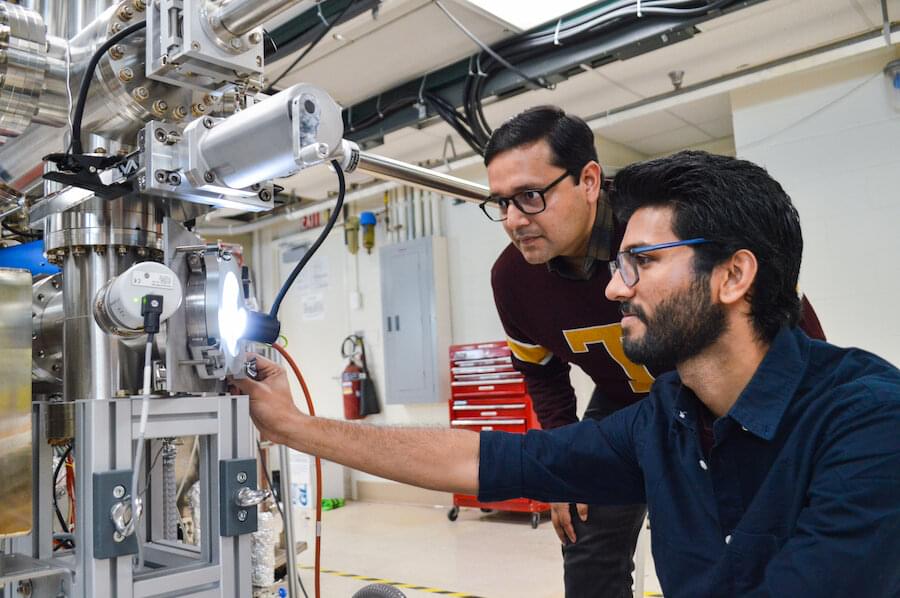
A University of Minnesota Twin Cities-led team has developed a first-of-its-kind, breakthrough method that makes it easier to create high-quality metal oxide thin films out of “stubborn” metals that have historically been difficult to synthesize in an atomically precise manner. This research paves the way for scientists to develop better materials for various next-generation applications including quantum computing, microelectronics, sensors, and energy catalysis.
The researchers’ paper is published in Nature Nanotechnology.
“This is truly remarkable discovery, as it unveils an unparalleled and simple way for navigating material synthesis at the atomic scale by harnessing the power of epitaxial strain,” said Bharat Jalan, senior author on the paper and a professor and Shell Chair in the University of Minnesota Department of Chemical Engineering and Materials Science.
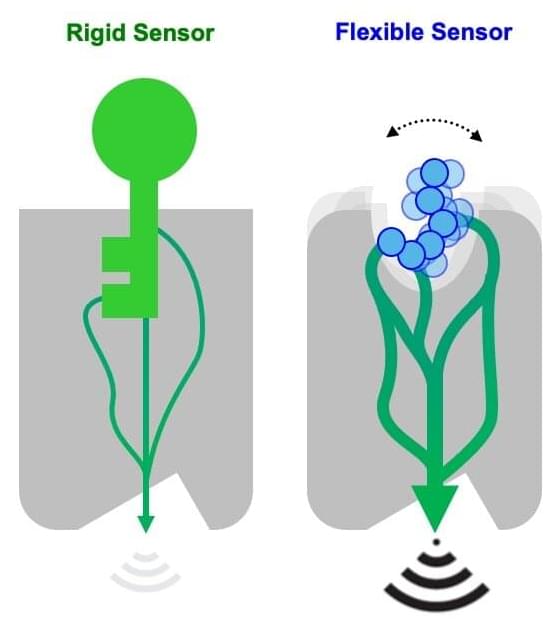
Biosensors are artificial molecular complexes designed to detect the presence of target chemicals or even biomolecules. Consequently, biosensors have become important in diagnostics and synthetic cell biology. However, typical methods for engineering biosensors focus on optimizing the interactions between static binding surfaces, and current biosensor designs can only recognize structurally well-defined molecules, which can be too rigid for “real-life” biology.
“We developed a novel computational approach for designing protein-peptide ligand binding and applied it to engineer cell-surface chemotactic receptors that reprogrammed cell migration,” says EPFL professor Patrick Barth. “We think that our work could broadly impact the design of protein binding and cell engineering applications.”
The new biosensors developed by Barth’s group can sense flexible compounds and trigger complex cellular responses, which open up new possibilities for biosensor applications. The researchers created a computational framework, which is a computer-based system, for designing protein complexes that can change their shape and function dynamically—as opposed to the conventional static approaches. The framework can look at previously unexplored protein sequences to come up with new ways for the protein’s groups to be activated, even in ways that are different to their natural function.
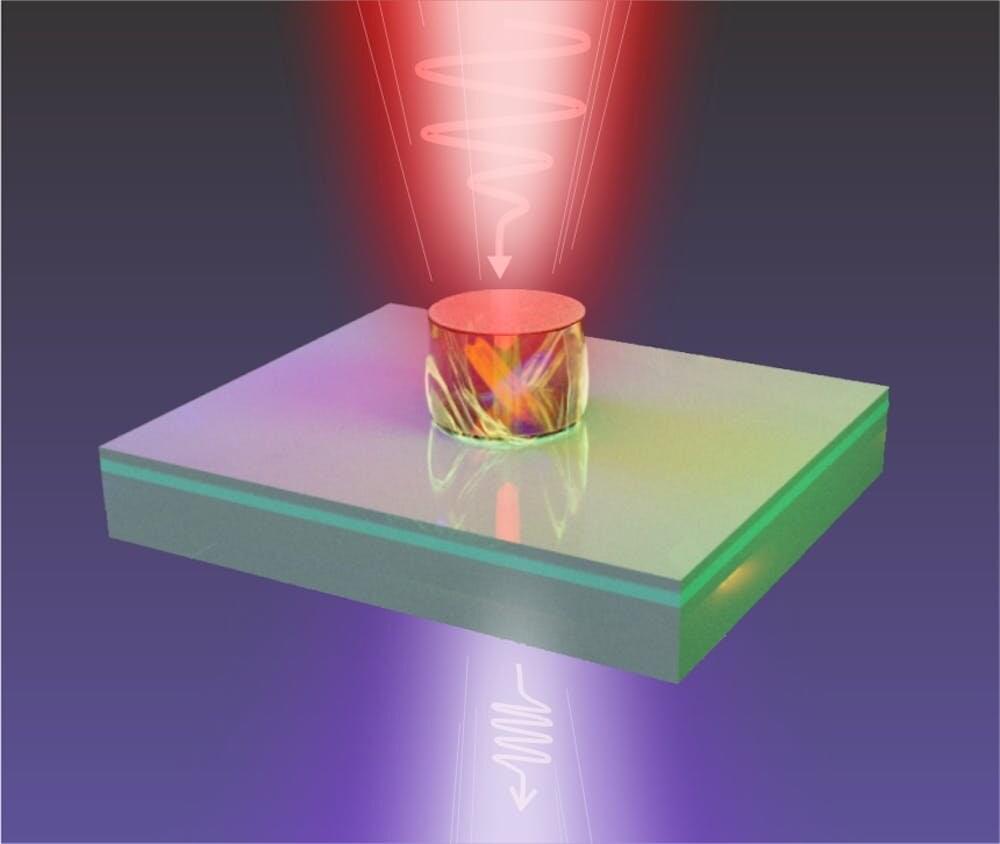
High-frequency light is useful. The higher the frequency of light, the shorter its wavelength—and the shorter the wavelength, the smaller the objects and details the light can be used to see.
So violet light can show you smaller details than red light, for example, because it has a shorter wavelength. But to see really, really small things—down to the scale of billionths of a meter, thousands of times less than the width of a human hair—to see those things, you need extreme ultraviolet light (and a good microscope).
Extreme ultraviolet light, with wavelengths between 10 and 120 nanometers, has many applications in medical imaging, studying biological objects, and deciphering the fine details of computer chips during their manufacture. However, producing small and affordable sources of this light has been very challenging.
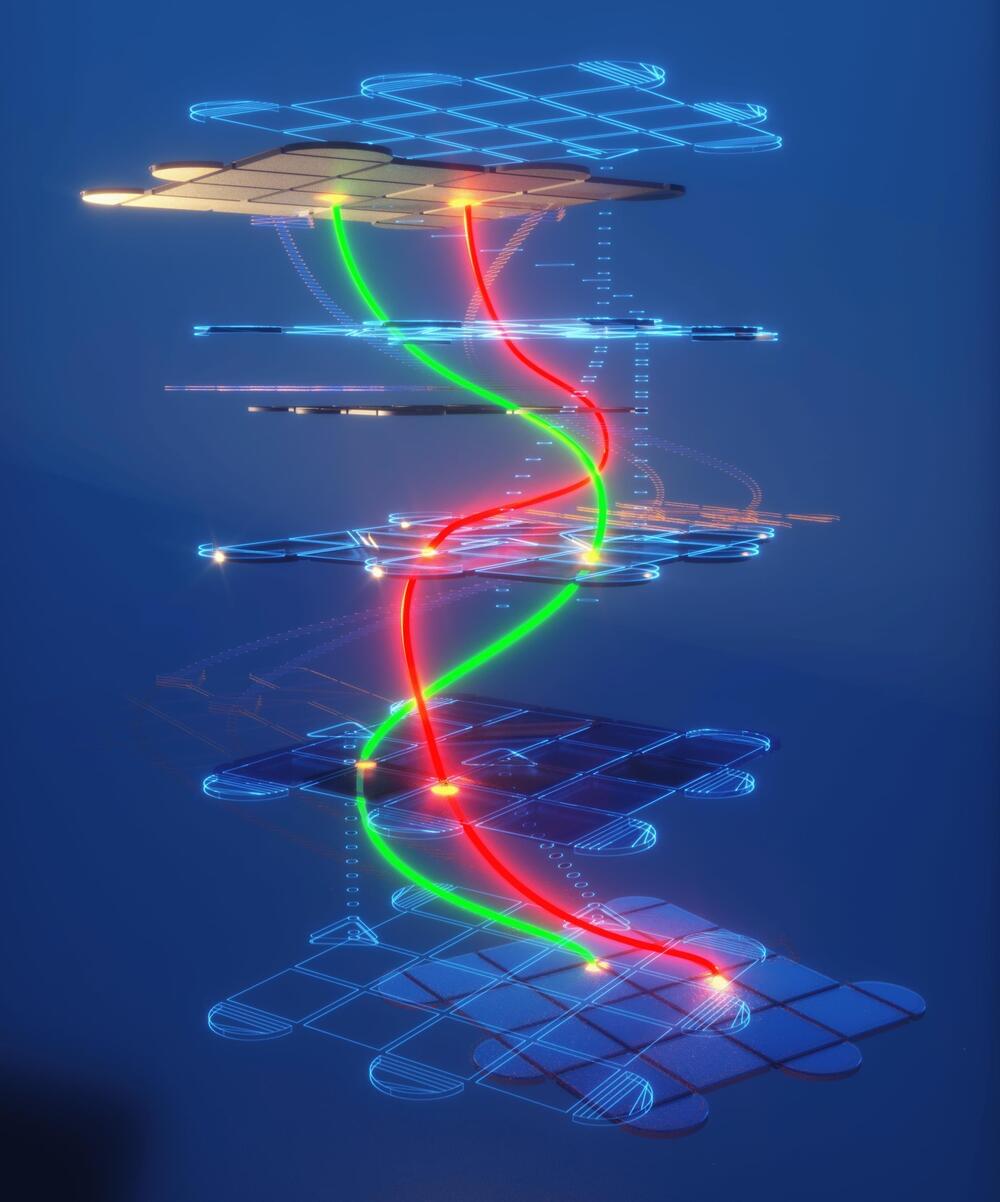
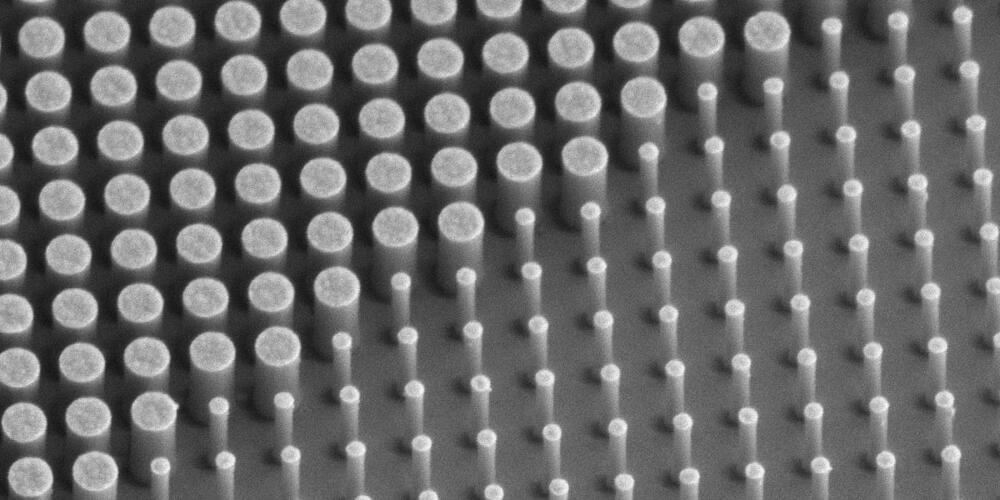
Metalenses migrate to smartphones.
Metalenz came out of stealth mode in 2021, announcing that it was getting ready to scale up production of devices. Manufacturing was not as big a challenge as design because the company manufactures metasurfaces using the same materials, lithography, and etching processes that it uses to make integrated circuits.
In fact, metalenses are less demanding to manufacture than even a very simple microchip because they require only a single lithography mask as opposed to the dozens required by a microprocessor. That makes them less prone to defects and less expensive. Moreover, the size of the features on an optical metasurface are measured in hundreds of nanometers, whereas foundries are accustomed to making chips with features that are smaller than 10 nanometers.
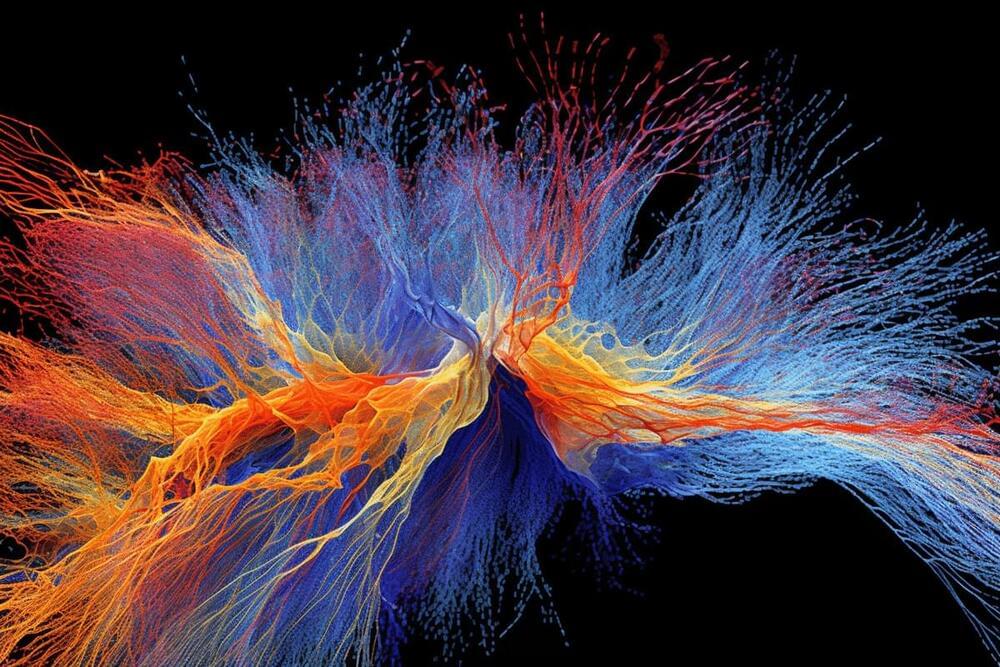
Summary: Neurons in the hippocampus vary in function depending on their exact genetic identity. The study revealed these neurons, once believed to be homogeneous, are quite diverse and encode task-related information differently based on their location. This newfound understanding of neuronal diversity could lead to better comprehension of brain functions, memory capacity, and potentially advance disease treatment strategies.
Key Facts:
Not perfect, but very impressive.
Sponsored:
Use my special link https://www.privateinternetaccess.com/AIDRIVR for an 83% discount, 4 months free and 30-day money-back guarantee on the best VPN — Private Internet Access.
Version: 11.4.1 [2023.7.5]
Consider supporting this channel on Patreon: https://patreon.com/AIDRIVR
Filming Equipment: